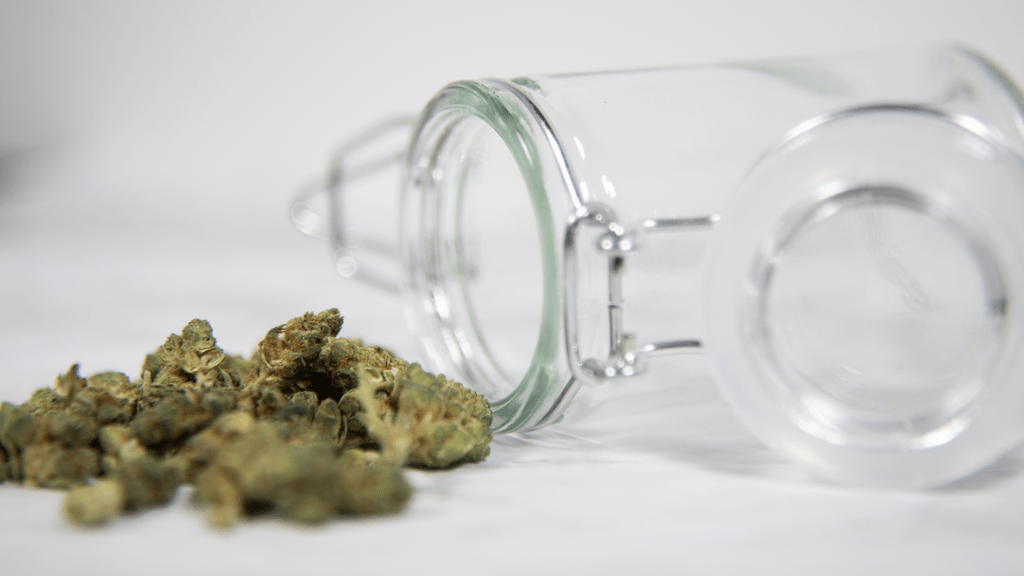Florida’s Amendment 3, a proposal to legalize recreational cannabis for adults aged 21 and over, faced a contentious battle in the November 2024 election. Despite receiving a majority vote of 55.9%, the amendment fell short of the required 60% supermajority necessary to amend the state constitution. Its failure is attributed to a combination of legal, political, and campaign-related challenges. Here are three critical reasons why Amendment 3 did not pass.
The 60% Supermajority Requirement
Florida’s stringent requirement for constitutional amendments played a pivotal role in the defeat of Amendment 3. Unlike other states where a simple majority is sufficient, Florida mandates that ballot measures must achieve a 60% supermajority to pass. Although Amendment 3 received strong support, the 55.9% approval fell just below this threshold, resulting in its rejection.
This supermajority requirement is a deliberate safeguard designed to ensure broad consensus for constitutional changes. While it protects the state constitution from frequent amendments, it also creates a higher barrier for voter-led initiatives like cannabis legalization, even when a significant portion of voters supports them.
Opposition from Key Political Figures
The political climate in Florida significantly influenced the outcome of Amendment 3. Governor Ron DeSantis, a staunch opponent of recreational cannabis legalization, voiced concerns about its potential societal impacts. Alongside him, prominent conservative figures and organizations rallied against the amendment, emphasizing arguments related to public health, youth access, and impaired driving.
This political opposition extended to high-profile campaigns that highlighted the perceived risks of legalization. These efforts resonated with a segment of the electorate, particularly older and more conservative voters, who remained skeptical of recreational cannabis.
Campaign Dynamics and Funding
The dynamics of the Amendment 3 campaign also contributed to its defeat. Both proponents and opponents engaged in robust campaigns, backed by significant financial resources. Supporters, including advocacy groups and cannabis industry stakeholders, invested heavily in advertising to highlight the economic and social benefits of legalization, such as job creation and tax revenue.
However, the opposition mounted an equally strong counter-campaign. Anti-legalization groups, funded by conservative donors and organizations, leveraged targeted messaging to sway undecided voters. Their campaigns focused on potential negative outcomes, such as increased substance abuse and strain on law enforcement. Despite the considerable financial backing on both sides, the opposition’s messaging proved effective in eroding support for the amendment.
Broader Implications for Florida and Beyond
The failure of Amendment 3 underscores the challenges of advancing cannabis legalization in a politically divided state like Florida. While the state has seen significant success with its medical marijuana program—serving over 800,000 registered patients—recreational cannabis remains a polarizing issue.
The defeat also sends a cautionary signal to other states considering similar measures. Advocates in Florida and nationwide may need to refine their strategies, emphasizing bipartisan support and addressing concerns raised by opponents. Many proponents believe that a stronger focus on public education and economic benefits could bridge the gap in future elections.
Looking Forward
Despite this setback, the cannabis legalization movement in Florida is far from over. Advocates are expected to regroup and push for another ballot initiative in the coming years. With recreational cannabis gaining momentum across the United States, Florida’s evolving public opinion may eventually tip the scales in favor of legalization.
This failure reflects the intricate interplay of policy, politics, and public opinion, but it also highlights the resilience of advocates determined to see cannabis reform in Florida.
Sources
- “Florida Medical Marijuana Use Update.” Office of Medical Marijuana Use (OMMU) https://knowthefactsmmj.com
- “Cannabis Amendment Defeat Sparks Reevaluation.” AP News https://apnews.com
- “Why Florida Voters Rejected Recreational Marijuana.” Reuters https://www.reuters.com




